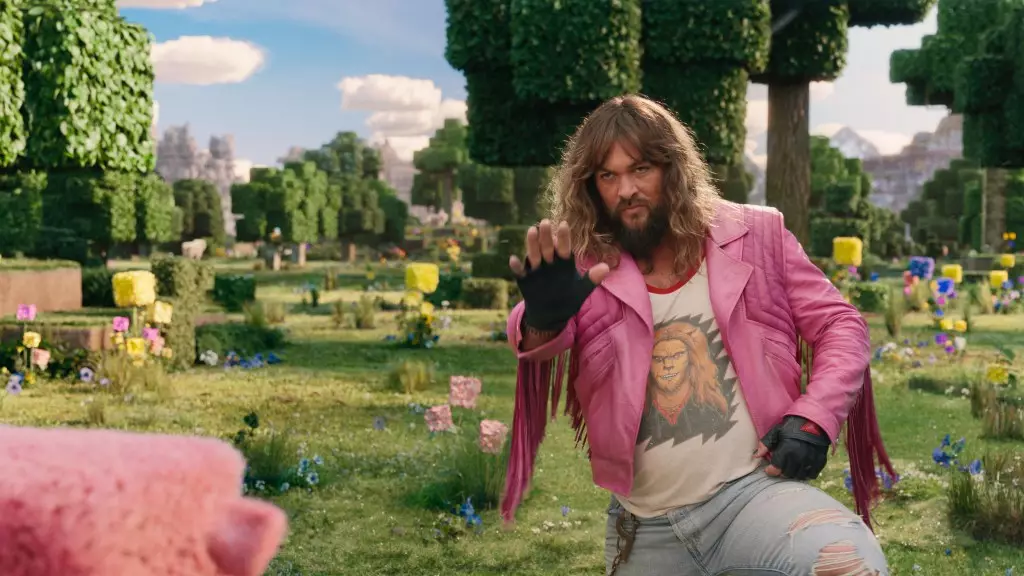The recent leaks of Warner Bros/Legendary’s A Minecraft Movie, particularly the VFX-less versions, raise significant red flags about the state of film piracy and its implications for the industry. In a time when audiences have more access to movies than ever before, one would assume that the respect for creative property would increase, yet we seem trapped in a continuous cycle of theft. The convenience brought forth by digital platforms is being undermined by a culture of entitlement, where consumers overlook the hard work that goes into creating these films. When a franchise as beloved as Minecraft becomes the target for piracy, it reflects a broader issue of societal values that prioritize immediate gratification over artistic integrity.
Piracy’s Poisonous Impact on Filmmaking
The information disclosed about the leaks suggests a slight security breach rather than the traditional “camcorder in a theater” scenario. This distinction is troubling. If filmmakers and studios can’t secure their intellectual property, how can they justify the massive investments that go into production? The pandemic era has taught studios the hard way what happens when audiences decide they can download rather than contribute to theatrical receipts. Disney’s catastrophic experience with Black Widow demonstrates how even a well-established studio’s box office can be severely impacted by online piracy. Such episodes make it abundantly clear that piracy isn’t just the act of stealing; it’s a destructive force mistreating the entire filmmaking community.
A Misguided Sense of Normalcy
In the face of heavy piracy, the industry seems to oscillate between ill-thought-out decisions—like day-and-date releases—and desperate attempts at maintaining their revenue. Some might argue that the release strategies should cater to the audience’s needs. However, it is crucial that we recognize that taking shortcuts leads to perilous futures for studios and creators alike. Increasing numbers of VFX-less leaks only serve to normalize the act of viewing unfinished work, removing the anticipation that is integral to the cinematic experience. Watching a film, especially something as vibrant as A Minecraft Movie, should evoke excitement—not the sour taste of piracy’s aftermath.
The Box Office Surprises and What They Mean
Despite these challenges, A Minecraft Movie has reportedly outperformed opening weekend expectations, boasting an impressive $110.7 million globally. However, this financial success shouldn’t cloud the situation. Just because viewers are flocking to theaters doesn’t mean they’re entirely abandoning the pirated versions. The peculiar duality between box office glory and piracy threatens to create a toxic landscape. While children are giving it rave reviews, the question remains: how many would rather experience it in their local cinemas if they could? Engaging with a film surrounded by peers creates a distinct energy that isolates viewing from the mundane—yet, piracy chips away at this unique experience.
Framing the Future
The entertainment industry must take a stance against piracy, not just through legal avenues, but also by fostering an environment that celebrates originality and community engagement. Acknowledging the emotions tied to cinema, especially for family-oriented films like A Minecraft Movie, can serve to fortify the bond between creators and their audiences. Studios need to advocate for both creative security and emotional resonance, allowing film lovers to anticipate a showtime filled with camaraderie rather than risking poor viewing experiences through stolen leaks. Ultimately, it’s about preserving the sanctity of cinematic artistry for generations to come.

